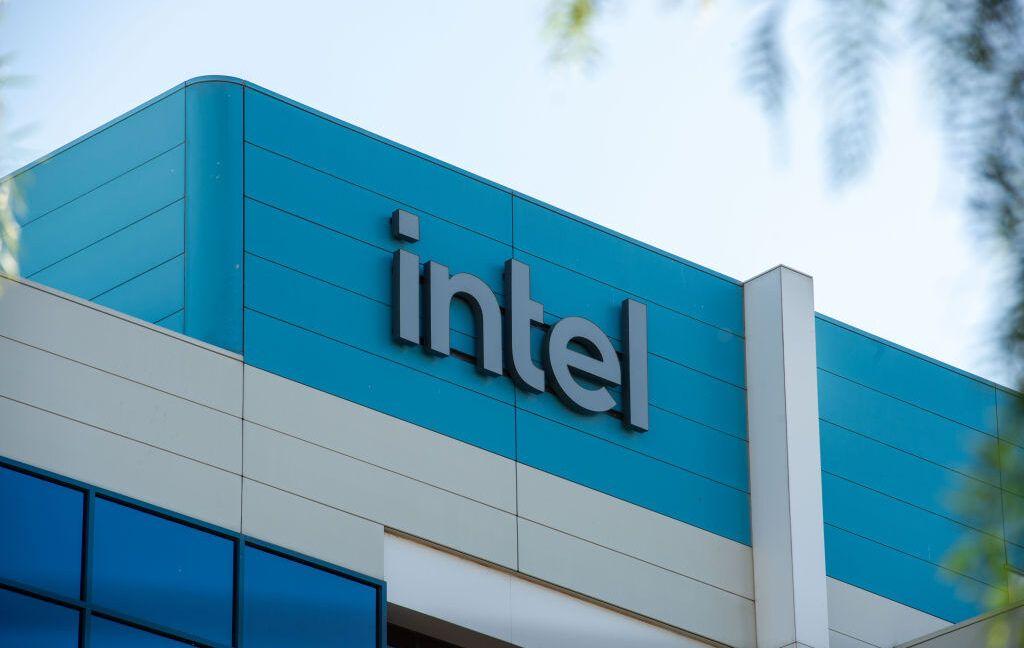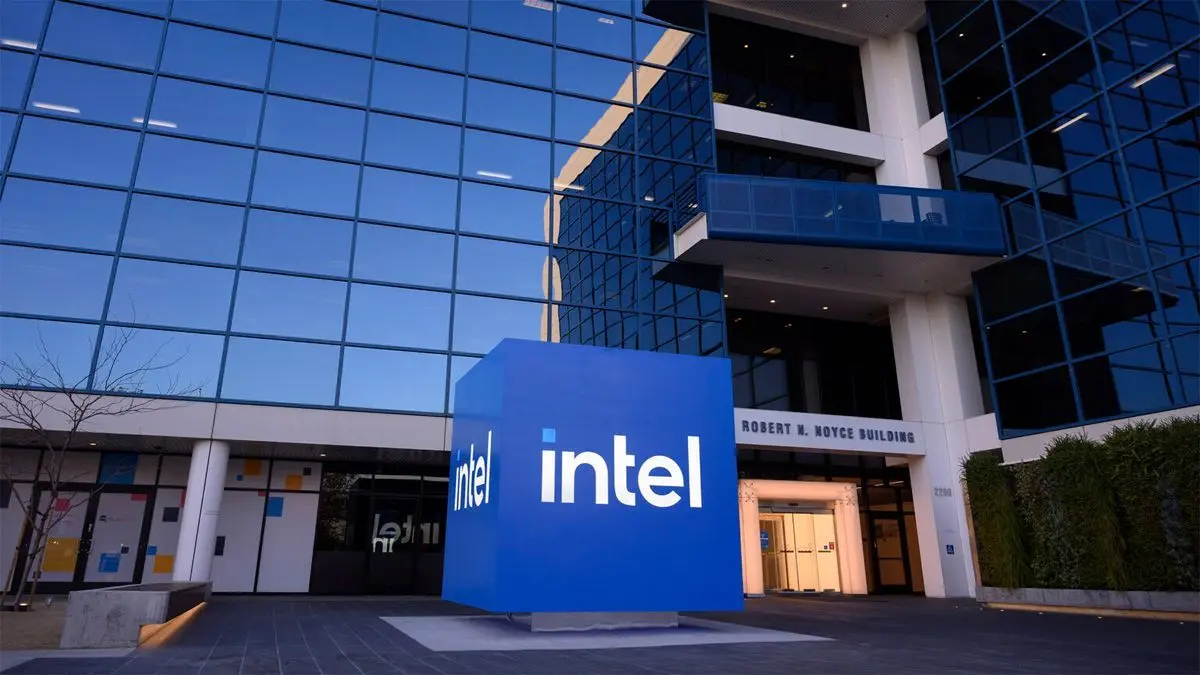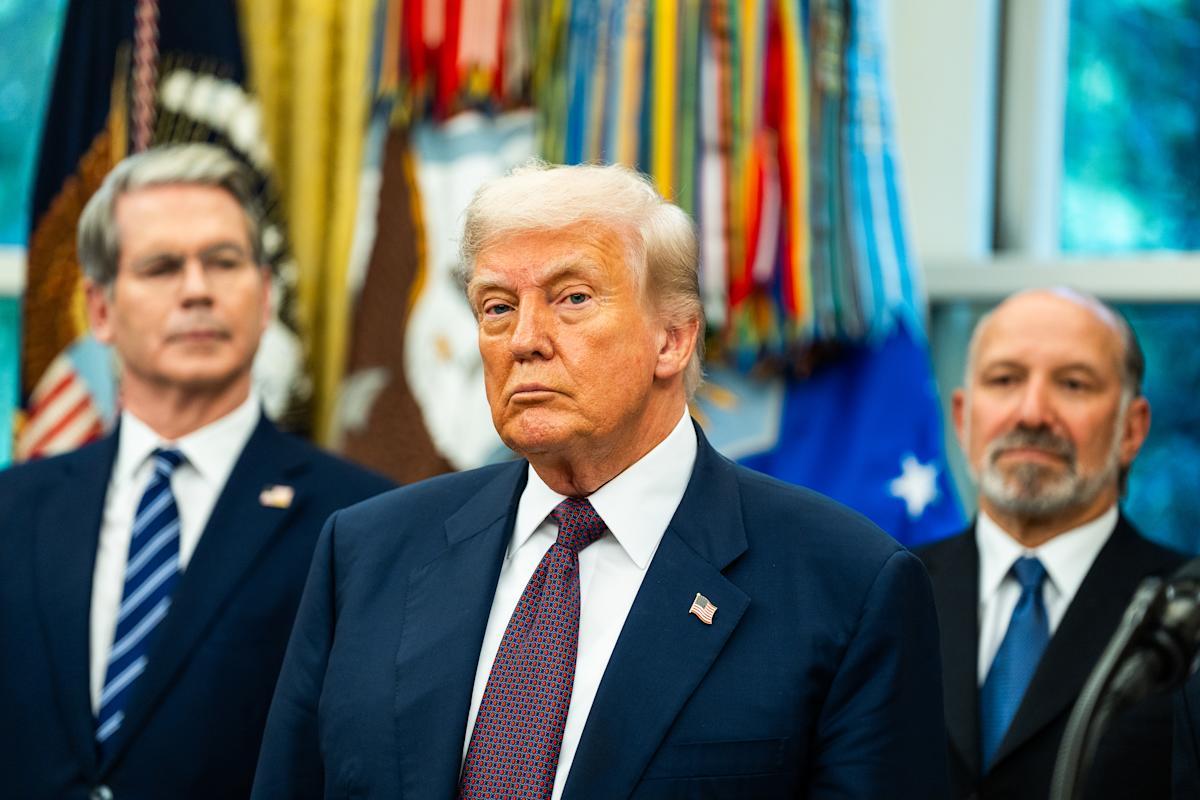White House Signals Potential Government Stakes in Chip Companies and Other Industries
2 Sources
2 Sources
[1]
White House's Hassett says US could take stakes in other chip companies - The Economic Times
Under Trump, the US government has allowed AI chip giant Nvidia to sell its H20 chips to China, allowed the Pentagon to become the largest shareholder in mining company MP Materials.The federal government could take stakes in other US semiconductor companies or even move to other industries, White House economic adviser Kevin Hassett told CNBC in an interview on Monday following its stake in Intel. Hassett, asked if the Intel deal was the start of a larger effort by the US government to take equity stakes in other industries that it subsidizes, or other companies in the AI and chip space that are subsidised such as Advanced Micro Devices Inc or Taiwan Semiconductor Manufacturing Co, said there could be other similar transactions. "I think this is a very, very special circumstance because of the massive amount of CHIPS Act spending that was coming Intel's way," the National Economic Council director told CNBC. "But the president has made it clear all the way back to the campaign that he thinks that, in the end, it would be great if the US could start to build up a sovereign wealth fund. And so I'm sure that at some point there'll be more transactions, if not in this industry in other industries," Hassett said. The Intel investment marks the latest unusual deal with US companies that has worried critics, who say Trump's actions create new categories of corporate risk. Under Trump, the US government has allowed AI chip giant Nvidia to sell its H20 chips to China, allowed the Pentagon to become the largest shareholder in mining company MP Materials and acquired a "golden share" with certain veto rights as part of Japan's Nippon Steel purchase of US Steel.
[2]
White House's Hassett says US could take stakes in other chip companies
WASHINGTON (Reuters) -The federal government could take stakes in other U.S. semiconductor companies or even move to other industries, White House economic adviser Kevin Hassett told CNBC in an interview on Monday following its stake in Intel. Hassett, asked if the Intel deal was the start of a larger effort by the U.S. government to take equity stakes in other industries that it subsidizes, or other companies in the AI and chip space that are subsidized such as Advanced Micro Devices Inc or Taiwan Semiconductor Manufacturing Co, said there could be other similar transactions. "I think this is a very, very special circumstance because of the massive amount of CHIPS Act spending that was coming Intel's way," the National Economic Council director told CNBC. "But the president has made it clear all the way back to the campaign that he thinks that, in the end, it would be great if the U.S. could start to build up a sovereign wealth fund. And so I'm sure that at some point there'll be more transactions, if not in this industry in other industries," Hassett said. The Intel investment marks the latest unusual deal with U.S. companies that has worried critics, who say Trump's actions create new categories of corporate risk. Under Trump, the U.S. government has allowed AI chip giant Nvidia to sell its H20 chips to China, allowed the Pentagon to become the largest shareholder in mining company MP Materials and acquired a "golden share" with certain veto rights as part of Japan's Nippon Steel purchase of U.S. Steel. (Reporting by Susan Heavey; Editing by Toby Chopra and Louise Heavens)
Share
Share
Copy Link
White House economic adviser Kevin Hassett suggests the US government may take stakes in more semiconductor companies and potentially other industries, following its investment in Intel.
White House Signals Potential Expansion of Government Stakes
In a recent interview with CNBC, White House economic adviser Kevin Hassett suggested that the U.S. government could potentially take stakes in other semiconductor companies or even expand into different industries
1
2
.
Source: Market Screener
The Intel Investment and Future Possibilities
Hassett, the National Economic Council director, emphasized that the Intel deal was a "very, very special circumstance" due to the substantial CHIPS Act funding allocated to the company
1
2
. However, he also hinted at the possibility of similar transactions in the future, stating:"The president has made it clear all the way back to the campaign that he thinks that, in the end, it would be great if the U.S. could start to build up a sovereign wealth fund. And so I'm sure that at some point there'll be more transactions, if not in this industry in other industries."
1
2
This statement suggests a potential long-term strategy for the U.S. government to build a sovereign wealth fund, which could have far-reaching implications for various sectors of the economy.
Recent Unusual Deals and Their Implications
The Intel investment is not an isolated incident but part of a series of unconventional deals made under the Trump administration. These transactions have raised concerns among critics who argue that they introduce new categories of corporate risk
1
2
. Some notable examples include:- Allowing AI chip giant Nvidia to sell its H20 chips to China
1
2
- The Pentagon becoming the largest shareholder in mining company MP Materials
1
2
- Acquiring a "golden share" with certain veto rights in Japan's Nippon Steel's purchase of U.S. Steel
1
2
Related Stories
Potential Targets for Future Government Stakes
When asked about the possibility of the government taking equity stakes in other subsidized companies in the AI and chip space, such as Advanced Micro Devices Inc. or Taiwan Semiconductor Manufacturing Co., Hassett did not rule out the possibility
1
2
. This openness to further investments in the semiconductor industry and beyond signals a potential shift in the government's approach to strategic economic sectors.Implications for U.S. Economic Policy
The consideration of government stakes in private companies represents a significant departure from traditional U.S. economic policy. This approach, reminiscent of sovereign wealth funds typically associated with countries like Norway or Singapore, could have profound implications for the relationship between the government and the private sector
1
2
.As the U.S. government explores this new economic strategy, it will likely face scrutiny from both supporters who see it as a way to protect national interests and critics who worry about increased government intervention in the free market. The coming months and years will be crucial in determining how this policy evolves and its impact on the U.S. economy and global competitiveness.
References
Summarized by
Navi
[2]
Related Stories
US Government Acquires 10% Stake in Intel: A Controversial Move Sparking Debate
23 Aug 2025•Business and Economy

Trump Administration Considers Taking Equity Stake in Intel and Other Chipmakers
15 Aug 2025•Business and Economy

US Government Considers Equity Stakes in Chip Companies, Sparking Industry Debate
22 Aug 2025•Business and Economy

Recent Highlights
1
Pentagon threatens to cut Anthropic's $200M contract over AI safety restrictions in military ops
Policy and Regulation

2
ByteDance's Seedance 2.0 AI video generator triggers copyright infringement battle with Hollywood
Policy and Regulation

3
OpenAI closes in on $100 billion funding round with $850 billion valuation as spending plans shift
Business and Economy





